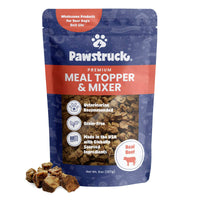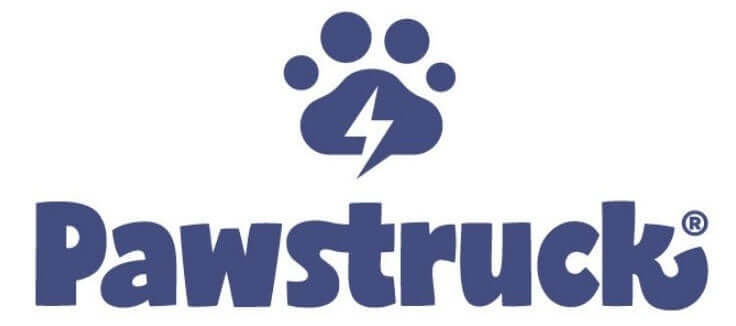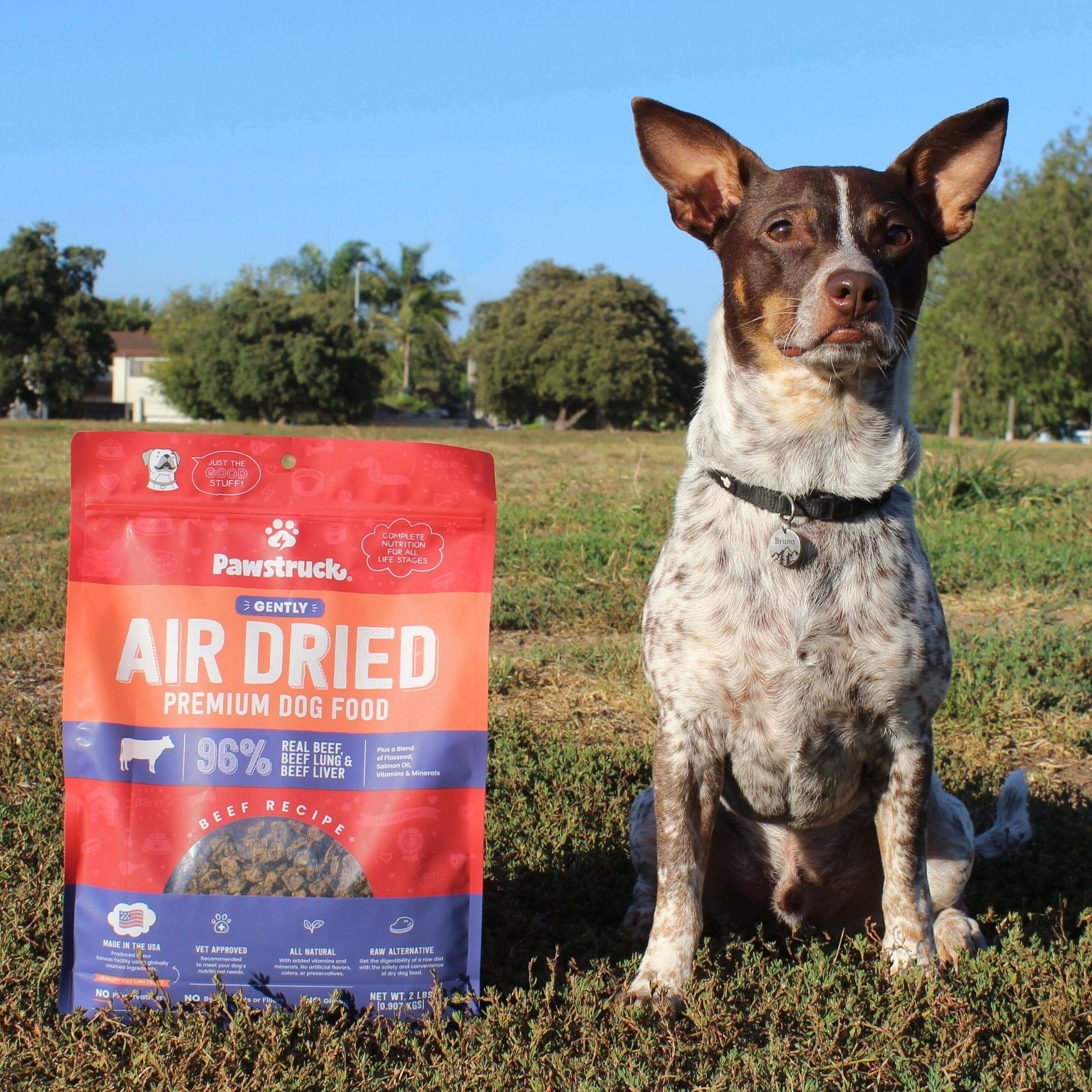Dog Behavior Problems: Why Do Dogs Eat Poop & How to Stop Them

Photo by Mike Burke on Unsplash
If you’ve raised a few pups, you’d know that it’s hardly surprising when you catch them doing disgusting things like drinking from the toilet or licking their butts. But not one of these repulsive habits comes close to coprophagia (the scientific term for eating feces), the most stomach-churning of them all!
Most cases of dogs who eat feces are behavioral, but there are also medical problems that lead to coprophagia. Without further ado, let’s look at the possible causes why our pups see poop as a meal.
Medical Causes

· Starvation or severe malnutrition
· Poorly digestible diet
· Underfeeding
· Parasites
· Vitamin and mineral deficiency
· Digestive enzymes deficiency
· Increased appetite or ingestion of inappropriate items
· Brain diseases and dementia
· Unusual appetite increase due to Cushing’s disease, diabetes, or thyroid disease
An article on the VCA Hospitals website states that “Any medical problem that leads to a decrease in absorption of nutrients, causes gastrointestinal upset or causes an increase in the appeal of the dog's stool, could lead to coprophagia. ”
Behavioral Causes

· For puppies, coprophagia is not a rare occurrence. Puppies without close supervision become curious and will investigate, play with, and eat their stools.
· Mama dogs instinctively clean their pups and ingest poo. Don’t worry, it’s normal and it keeps their environment clean as well.
· Food obsession prods dogs to eat anything they can get their paws on!
· Some furkids will copy other dog’s behavior like puppies who mimic their playmates and the Mama dog’s behavior. This is still normal and most outgrow this bizarre poop-eating habit.
· Some dogs who are fed with their feces all over their surroundings will eventually associate actual food with their poop and won’t be able to tell the difference.
· Have you ever shouted at your dog for defecating where they’re not supposed to? Then, you might just have pushed them to eat their poop to hide the “evidence”

· Inhumane training like pushing the dog’s nose in their stool also encourages coprophagia.
· Being confined for a long time can cause coprophagia
· Separation anxiety is another reason dogs eat their poop
· Dogs resort to poop eating when they’re seeking attention from their humans
· Because dogs are pack animals, they may “clean up” after sick and elderly dogs to protect the pack from predators.
· Dogs who are alone in basements or isolated are more likely to eat their stool than dogs who live close to their humans.
How to Stop Coprophagia

It's important to rule out medical problems first before your vet makes any behavioral diagnosis. Your dog will have to undergo medical evaluation, physical test, and even parasite testing. Once medical issues are addressed, you’re left with behavioral causes.
This can be challenging, especially with adopted or shelter dogs who may have eaten poop for a long time and became their long-term habit. Don’t worry, you can still correct this gross behavioral issue with consistent treatment and training.
Here are some tips to stop your dog from eating poo:
1. Keep the environment clean. This means picking up your dog’s poop as soon as they defecate. Off-leash walking is discouraged, so you can better prevent them from eating feces left by other animals.
2. Note how often and when your pup defecates so you can accompany and supervise them.
3. If you own cats, keep the litter box out of your dog’s reach.
4. Dispose human babies’ diapers properly.
5. Train your dog to listen to commands such as “leave it” and “come”.
6. Teach your dog to go to you for a treat as soon as they defecate. This lets them develop a habit of running to you for a snack instead of eating their own stool after they relieve themselves.
7. Never punish your dog for this unwanted behavior! They usually don’t associate what they’ve done with punishment. Use positive reinforcement instead.
8. Work with your vet to address medical causes. Some possible solutions include adding enzymes and vitamin supplements. Enzyme supplements help improve digestion and absorption of nutrients. Vitamin supplements replace missing nutrients such as Vitamin B.
9. Switch your dog’s diet to one that has lower carbohydrates but high in meat-based proteins.
10. Ask your vet for taste aversion products that can be safely added to your dog’s meals and will make their poop unappealing to them.
________________________________________________________________
IMPORTANT NOTE: You should always discuss dietary concerns with your veterinarian; this blog post is only intended to be a reference guide and does not constitute veterinary/medical advice.
Has your dog ever eaten poop? What did you do to stop your furkid from such a revolting habit? Please share your thoughts in the comments section below.




























